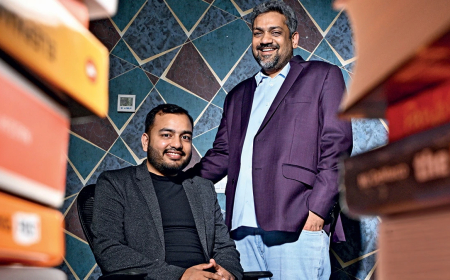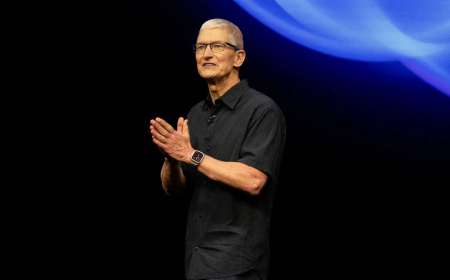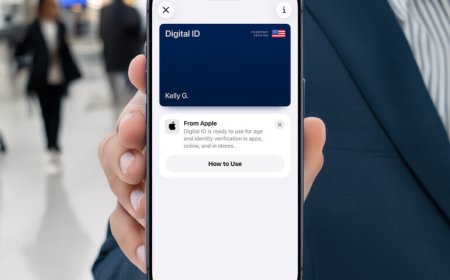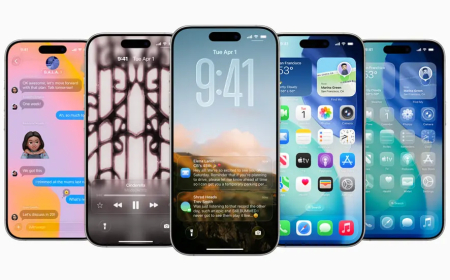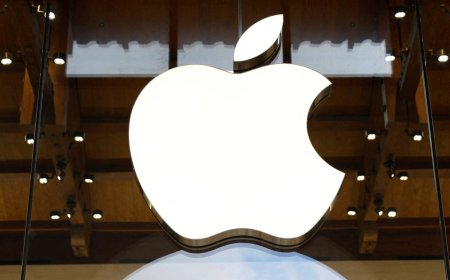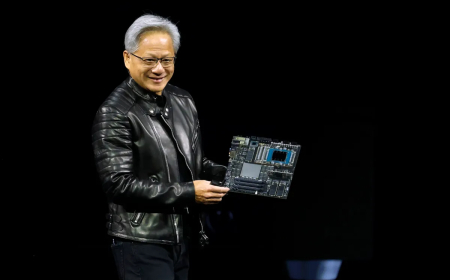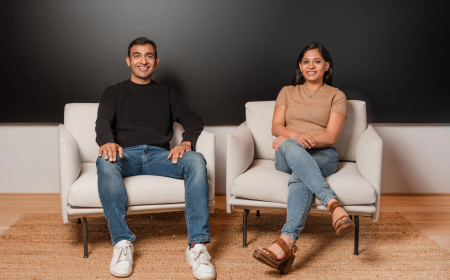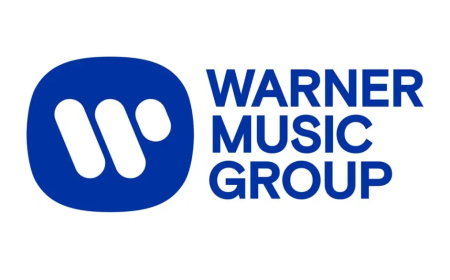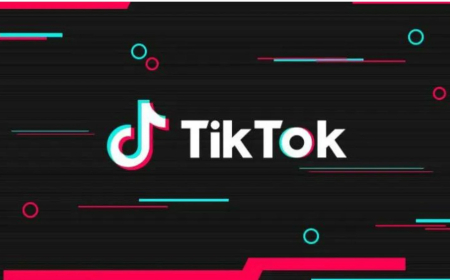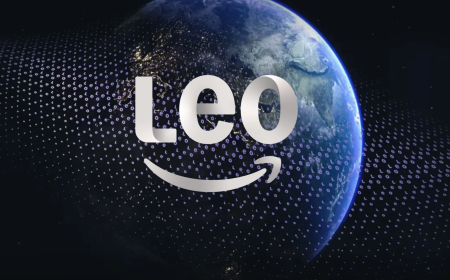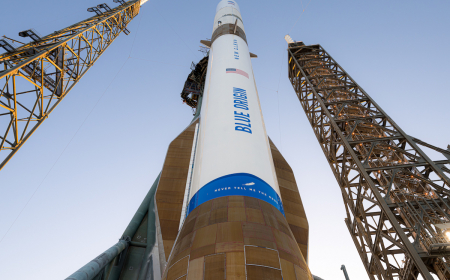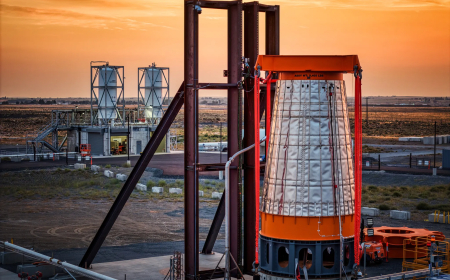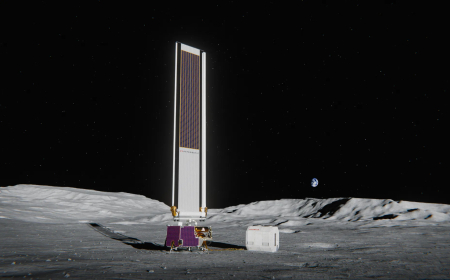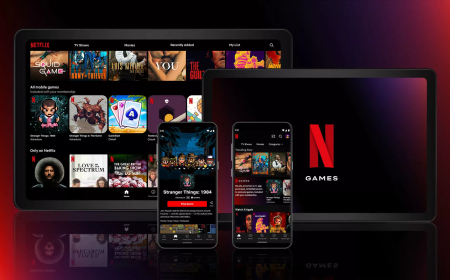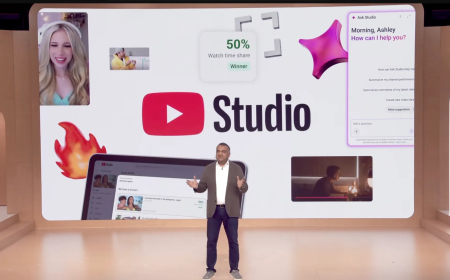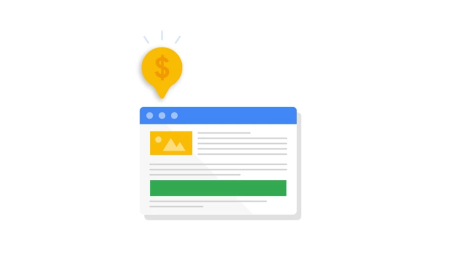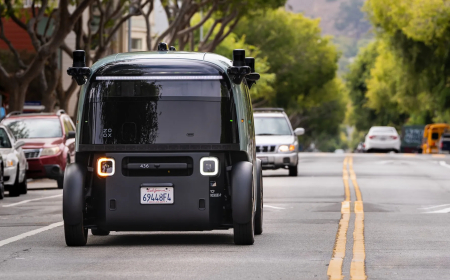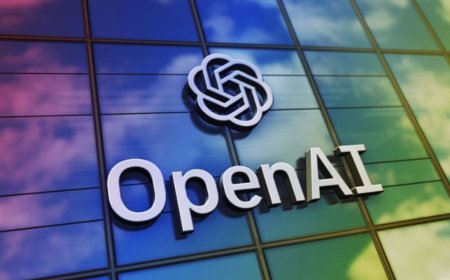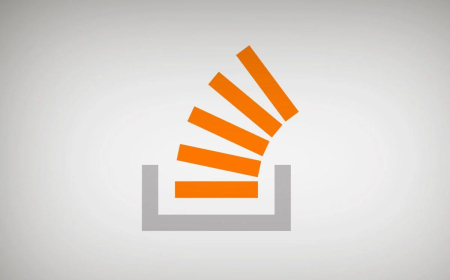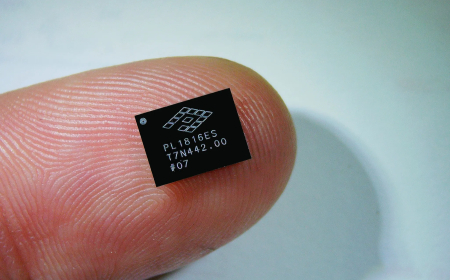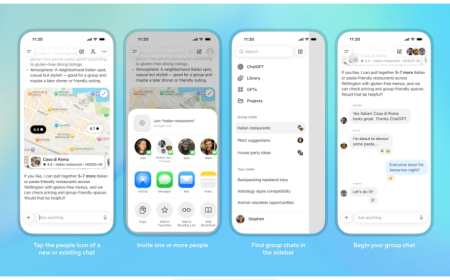Google Makes Real-World Data More Accessible to AI — Boosting Training Pipelines
Google launches the Data Commons MCP Server, making public datasets accessible via natural language. Developers and AI agents can now train models with reliable, real-world statistics.
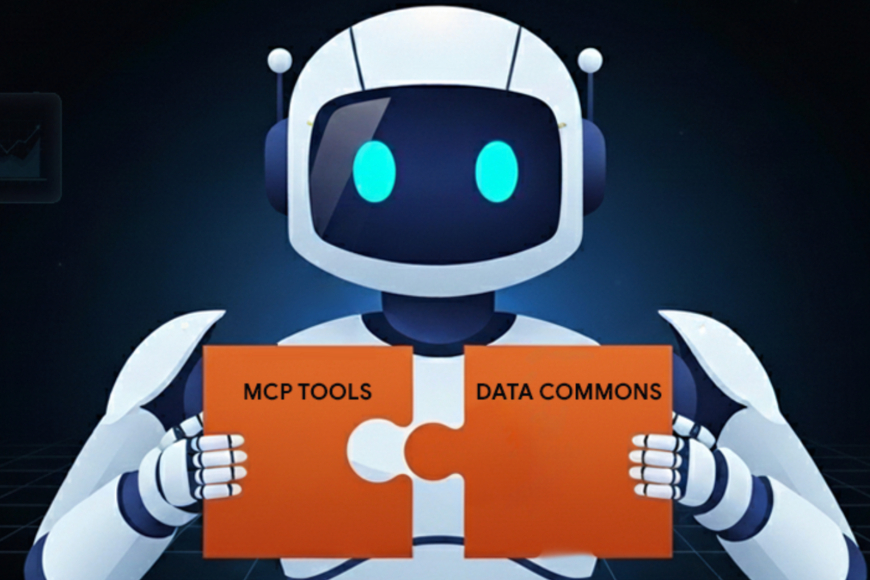
Google is transforming its massive collection of public datasets into a valuable resource for artificial intelligence with the introduction of the Data Commons Model Context Protocol (MCP) Server. This new tool allows developers, data scientists, and AI agents to access real-world statistics through natural language, enhancing how AI systems are trained and fine-tuned.
Initially launched in 2018, Google’s Data Commons brings together public datasets from a wide range of trusted sources — including government surveys, local administrations, and international organisations such as the United Nations. With the release of the MCP Server, these datasets can now be accessed more intuitively, enabling seamless integration into AI applications and agents.
One of the significant challenges for AI training is its reliance on unverified, noisy web data. This often results in inaccuracies or “hallucinations” when information is missing. Companies seeking to refine AI for specialised use cases require large volumes of reliable data. By opening up the MCP Server for Data Commons, Google aims to provide high-quality, structured information to address both problems.
The new server connects datasets ranging from census records to climate statistics with AI systems that need precise, verifiable inputs. By making these resources available through natural language queries, the platform grounds AI in a real-world context.
“The Model Context Protocol is letting us use the intelligence of the large language model to pick the right data at the right time, without having to understand how we model the data, how our API works,” explained Prem Ramaswami, head of Google Data Commons, in an interview.
First introduced by Anthropic in November last year, the Model Context Protocol (MCP) is an open industry standard that enables AI models to interact with different data sources — including business tools, repositories, and development environments — using a common framework for contextual prompts. Since then, leading players like OpenAI, Microsoft, and Google have adopted the standard to link AI systems with diverse datasets.
Unlike other companies testing MCP for model integration, Google’s team saw an opportunity to use it to make Data Commons more accessible. That exploration started earlier this year.
Google has also partnered with the ONE Campaign, a nonprofit organisation dedicated to improving healthcare and economic opportunities in Africa, to launch the ONE Data Agent. This tool uses the MCP Server to provide tens of millions of financial and health data points in plain language.
According to Ramaswami, the idea took shape when the ONE Campaign presented a prototype implementation of MCP using its own server. That meeting served as the turning point for Google’s team, which went on to build a dedicated MCP Server in May.
Importantly, the release is not limited to nonprofit use. The open-source nature of the Data Commons MCP Server enables it to work with any LLM. Google has also provided multiple onramps for developers, including a sample agent in the Agent Development Kit (ADK) via Colab, direct server access through the Gemini CLI, and compatibility with any MCP-ready client using the PyPI package. Developers can also access example code on GitHub.
What's Your Reaction?
 Like
0
Like
0
 Dislike
0
Dislike
0
 Love
0
Love
0
 Funny
0
Funny
0
 Angry
0
Angry
0
 Sad
0
Sad
0
 Wow
0
Wow
0



